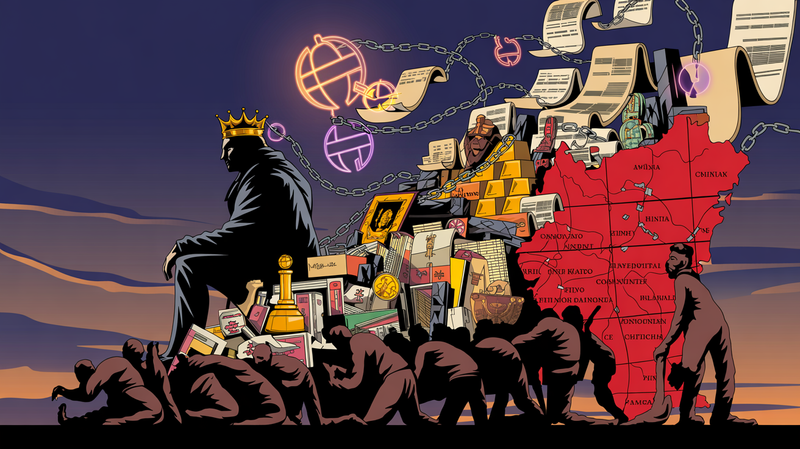Avoiding War: The Complex Reality of Draft Evasion in Ukraine
The invasion of Ukraine by Russian forces has ignited a fervent wave of patriotism throughout the nation. But not everyone is willing to pick up arms despite societal expectations and strict governmental measures against draft dodgers. The harsh realities of war have caused many Ukrainian men to seek ways out

The invasion of Ukraine by Russian forces has ignited a fervent wave of patriotism throughout the nation. But not everyone is willing to pick up arms despite societal expectations and strict governmental measures against draft dodgers. The harsh realities of war have caused many Ukrainian men to seek ways out of combat, even if it means risking imprisonment or paying exorbitant amounts of money.
Ivan Ishchenko epitomizes this dichotomy. Initially eager to defend his homeland, the grim experiences of war led him to flee, risking everything. "Before I went to war, I thought I was a superhero. But all heroism ends when people see [war] with their own eyes," Ishchenko reflected. His traumatic experiences, like witnessing a comrade being fatally wounded, profoundly impacted him. Desperate, Ishchenko fled Ukraine, navigating strict border controls and even using a government-plated car to aid his escape.
But Ishchenko's story isn't unique. According to State Border Guard spokesman Andriy Demchenko, over 13,600 people have been detained attempting unauthorized border crossings, and another 6,100 have been apprehended with falsified documents.
The government's response to this widespread evasion has been severe. A law passed in January significantly increased penalties for deserters and evaders. Moreover, a crackdown on corruption schemes allowing men to sidestep the draft is underway, leading to the termination of top conscription officials and exposing widespread regional corruption.
Evading the draft is an open secret. "Everyone knows there are opportunities," remarked Ivan, another young man who used a forged medical certificate to dodge the draft. Though he admitted feeling a deep-seated guilt, for many, the decision to avoid service is not made lightly. For Bogdan Marynenko, who fled Ukraine days before becoming eligible for the draft, it was a decision rooted in familial responsibility. As the primary provider for his mother and sisters, especially with his father on the frontline, Marynenko's duty lay in ensuring their well-being.
For others, the war's sudden onset caught them off guard. Yevgen Kuruch, a 38-year-old reserve officer, was returning to Ukraine when he learned of the invasion. The call of duty clashed with his responsibilities as a husband and father, and he chose the latter. Now in Poland, Kuruch faces criticism from fellow Ukrainians accusing him of cowardice, a sentiment echoing throughout the expatriate community.
In Poland, where many Ukrainian families have sought refuge, women and children make up a significant portion of the Ukrainian diaspora. Such demographics further highlight the emotional and familial considerations many men grapple with when deciding to evade the draft.
Kuruch summarizes the sentiment many draft evaders feel: "Looking at them [my family], I draw strength and realize that what I am doing now is not in vain."
For these men, it's a choice between duty to one's country and duty to one's family. It's a heart-wrenching decision with no easy answers. And as the war rages on, the challenges and consequences of such choices only intensify.




